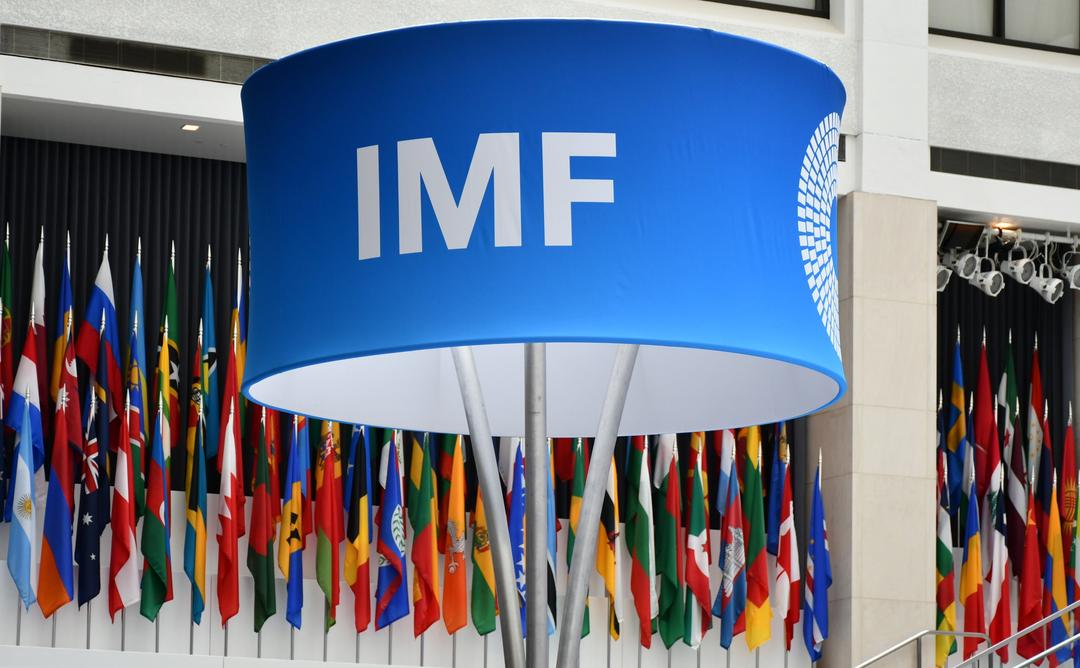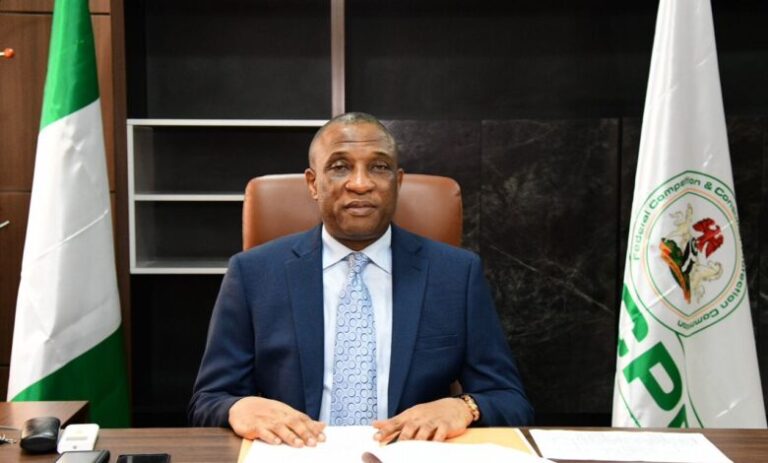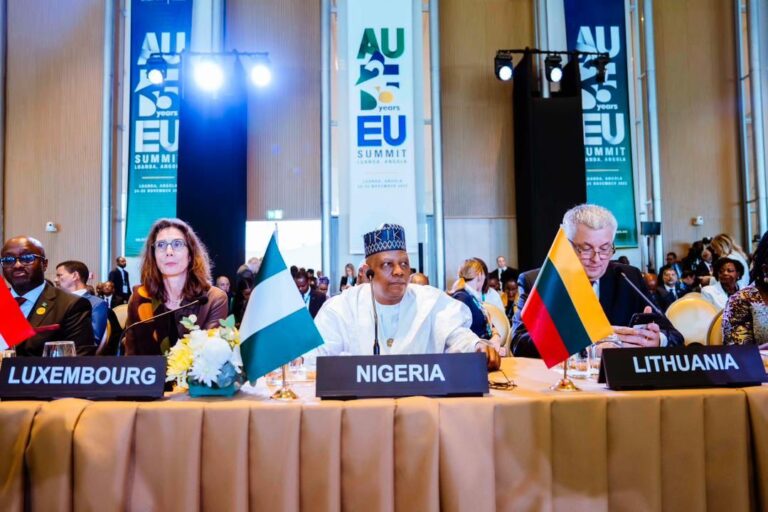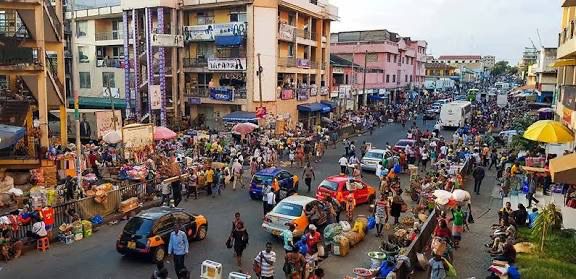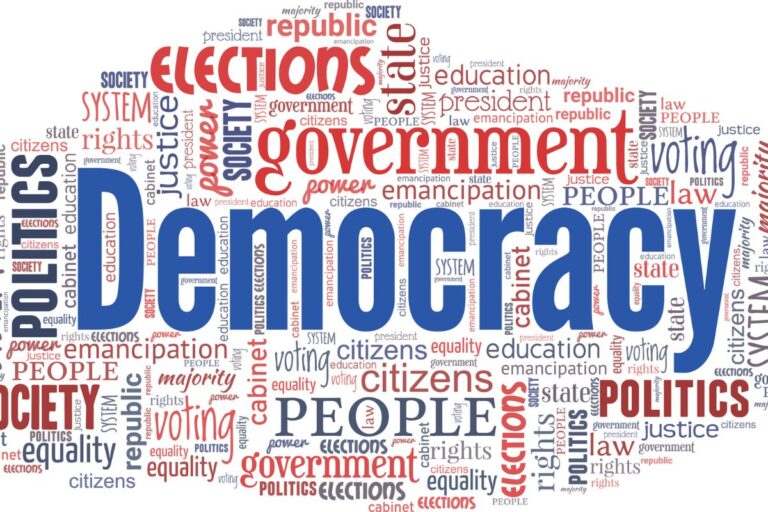The International Monetary Fund (IMF) said on Wednesday that its staff team will visit Nairobi, Kenya, from September 25 to October 9 to begin discussions with Kenyan authorities on a “possible IMF-supported program”. This follows a formal request from the Kenyan government for a new financing arrangement, as the country grapples with significant economic challenges.
The visit comes after Kenya’s previous IMF program concluded without the disbursement of its final $800 million tranche. Kenya struggled to meet key fiscal benchmarks under the program, particularly in reining in its fiscal deficit and boosting revenue collection. This has been a source of tension, with the government forced to abandon planned tax hikes after they triggered widespread public protests.
“The IMF remains committed to supporting Kenya in its efforts to maintain macroeconomic stability, safeguard debt sustainability, strengthen governance, and promote inclusive and sustainable growth for the benefit of the Kenyan people.” Said Haimanot Teferra, IMF mission chief for Kenya and leader of the delegation that will arrive in Nairobi.
Kenya’s economic situation is a complex one, largely shaped by a decade-long borrowing spree that has left the eastern African country with a high public debt burden, which stood at around 67% of GDP in 2025.
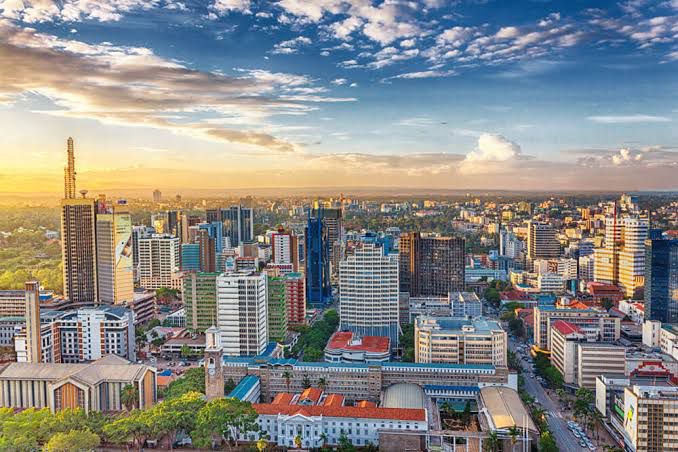
The Eastern African country’s fiscal path is described by the World Bank as “fragile,” with interest payments consuming about a third of tax revenue. The new program is expected to include conditions aimed at restoring fiscal discipline and strengthening governance.
Kenyan officials, including Central Bank Governor Kamau Thugge, have expressed a preference for a “funded program” to help manage external debt repayments and stabilize the economy.

Kenya external debt stood at $41.07 billion in May 2025, a debt-to-gdp ratio of 67% above the 50% threshold recommended by IMF for developing countries.
A new IMF program would be a crucial step for Kenya to navigate its financial pressures, but it would also likely require the government to implement further fiscal reforms that could be politically sensitive.



